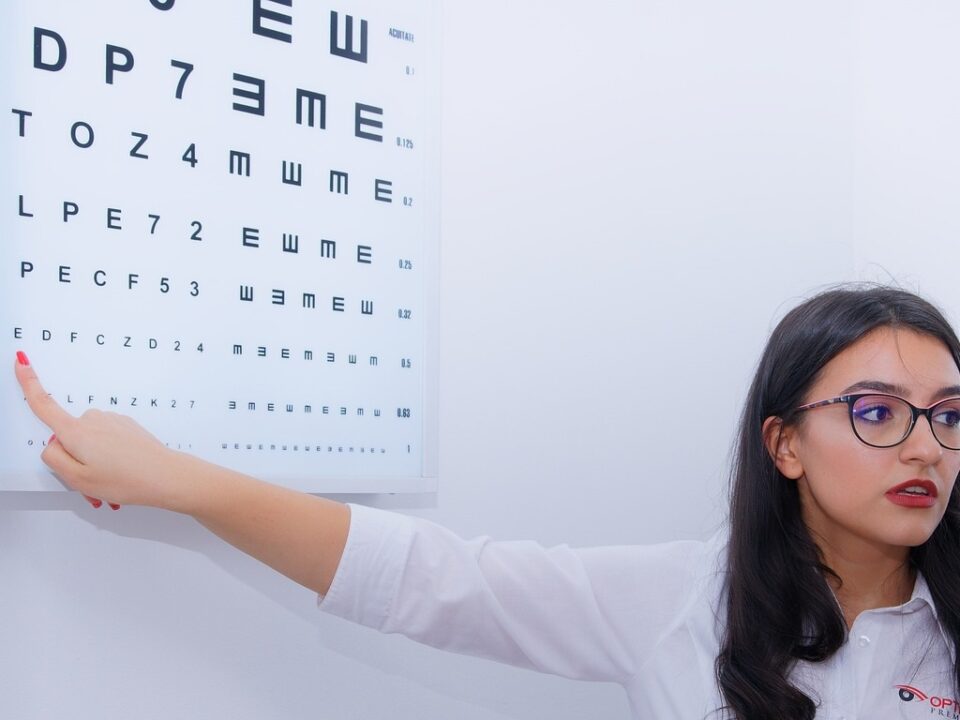In our fast-paced digital age, taking care of our eyes has never been more crucial. With screens dominating our work and leisure time, preserving eye health is paramount. Fortunately, several simple and practical tips can help everyone maintain optimal eye health for years.
Follow the 20-20-20 Rule
One of the most essential practices for preserving eye health is following the 20-20-20 rule. This rule encourages individuals to take a break from their screens every 20 minutes and focus on something 20 feet away for at least 20 seconds. This brief pause helps reduce eye strain and fatigue caused by continuous screen exposure, allowing the eyes to relax and readjust.
Maintain a Balanced Diet
A balanced diet isn’t just good for overall health but also plays a vital role in preserving eye health. Incorporating foods rich in antioxidants, vitamins, and minerals can help protect eyes from potential damage. Leafy greens like spinach are nutrients that promote good vision. Omega-3 fatty acids in fish like salmon can also contribute to maintaining healthy eyes.
Ensure Proper Lighting
The right lighting can make a significant difference in eye strain. When reading or working, it’s crucial to have adequate lighting that is not too bright or dim. A well-lit room reduces the contrast between the screen and its surroundings, lessening the eye strain. Positioning the light source behind and using anti-glare screens can further minimize discomfort and glare.
Practice Regular Eye Exercises
Just like any other body part, the eyes benefit from regular exercise. Simple eye exercises can help improve focus, strengthen eye muscles, and reduce eye strain. One effective exercise involves shifting focus between a nearby object and a distant one. Another exercise is gently massaging temples in a circular motion to relieve tension. These exercises can be easily incorporated into daily routines.
Prioritize Regular Eye Check-Ups
Regular eye check-ups are essential for preserving eye health, even if one thinks their vision is perfect. Many eye conditions, such as glaucoma and age-related macular degeneration, develop gradually and may not show noticeable symptoms until they’re advanced. Routine eye exams can help detect these issues early, allowing timely intervention and management.

